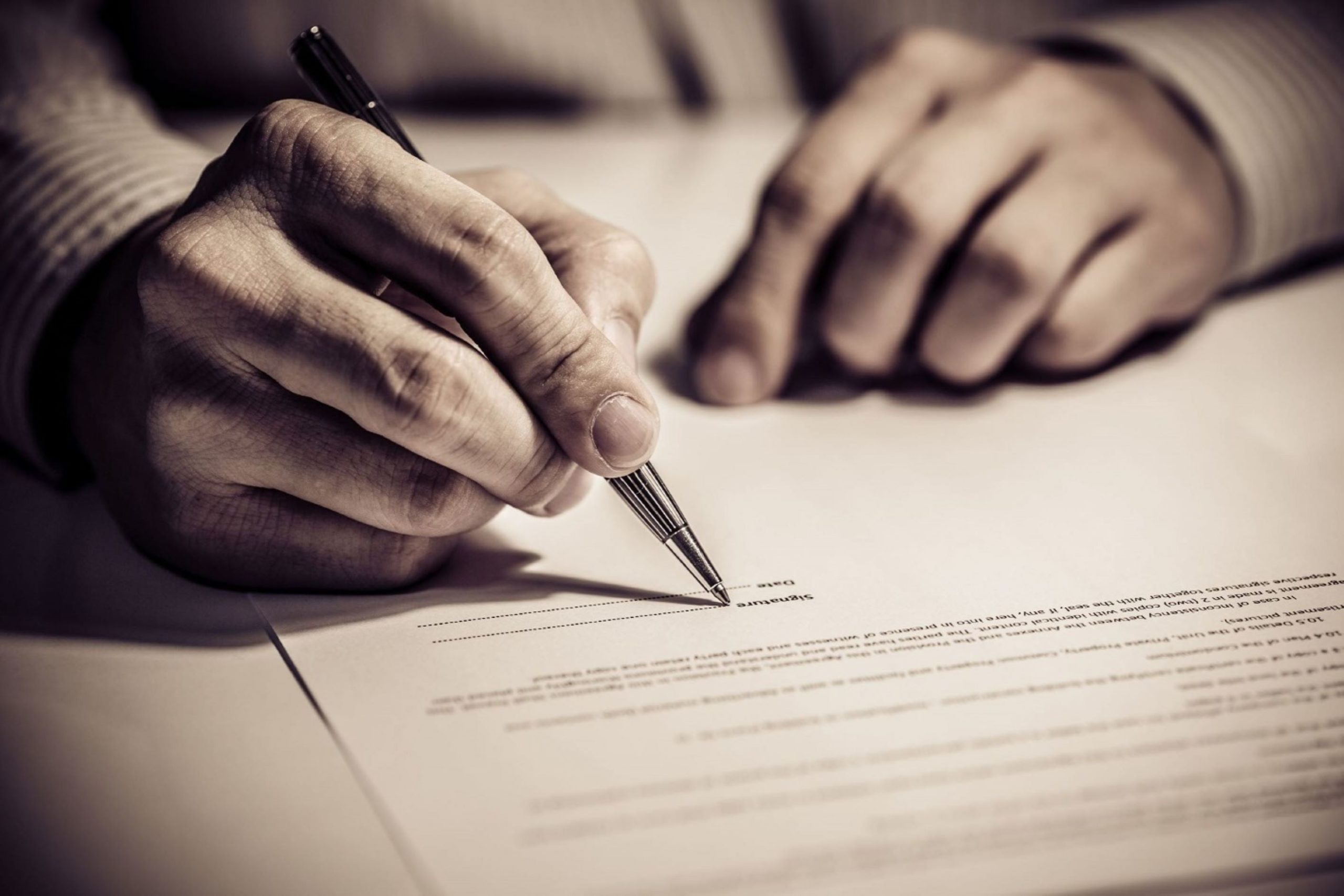
Set Aside A Subpoena (Issued By State Or Federal Courts)
No matter how prepared you are, being handed a legal summons, especially subpoenas issued by State or Federal Courts, can be daunting for anyone. If you have found yourself on the receiving end of an unnecessary subpoena, you may be wondering about your next step and when to consider legal representation.
Understanding the complexities of subpoenas, ADVIILAW has put together a comprehensive guide so that you understand your responsibilities and rights. This blog post provides details on why subpoenas are issued, how they can be challenged and the court litigation process involved in potentially having them set aside.
What a subpoena is and why you may have received one
A subpoena is a legal document that compels an individual or entity to provide oral evidence or produce documents pertinent to a legal proceeding. Subpoenas serve as critical tools for the courts to gather necessary evidence and ensure compliance with judicial processes.
They are typically issued during the discovery phase of a lawsuit to ensure that all relevant facts come to light before a trial. The power of a subpoena extends to requiring attendance at a court hearing, producing tangible evidence or both.
Individuals or entities might receive subpoenas for various reasons, including:
- Holding pertinent information — You are believed to possess crucial information that can affect the outcome of a legal proceeding.
- Need to testify — You may need to provide oral evidence in court as part of the evidence-gathering process.
- Document production — You may hold documents vital to the litigation process and are required to supply them.
Understanding your rights — grounds for having a subpoena set aside
Now that you understand why you may have received a subpoena, the next step is determining its relevance or necessity. There are several grounds on which a court may agree to set aside a subpoena. These include, without limitation:
- Overbreadth or vagueness — If a subpoena demands information that is too broad or not clearly defined, making compliance excessively difficult or impossible.
- Undue burden or expense — If complying with a subpoena would entail the person or business to incur unreasonable cost or effort and significantly disrupt day-to-day tasks and normal operations.
- Irrelevance — The subpoena may be considered unnecessary if the requested information has no bearing on the legal proceedings.
- Privileged material — If the subpoena seeks information protected by legal privileges, such as attorney-client privilege or medical confidentiality, you have the right to have the document set aside by the court.
- Legal non-compliance — If the subpoena was not properly issued following legal procedures, it can be voided by the court.
A step-by-step guide on the court litigation process for setting aside a subpoena
Challenging a subpoena typically follows these legal steps:
- File an application with the court — The subpoenaed party must file an application to quash (cancel) or modify the subpoena, outlining the reasons and providing supporting evidence.
- Engaging with legal representation — Consulting with a skilled lawyer as soon as possible is crucial as they can navigate the legal intricacies, prepare the necessary documentation and represent you in court effectively.
- Attend the court hearing — Both parties will have the opportunity to present their arguments during a hearing. This stage is critical for the judge to assess the validity and necessity of the subpoena.
- Await the judge’s decision — The decision to set aside, modify or uphold the subpoena will be based on the arguments and evidence presented.
Why consider legal representation?
Appealing to the court to have your subpoena set aside is an intricate and complex process. Hiring legal counsel to have your subpoena set aside can mean working with an individual who can:
- Explain and guide you through the process — An experienced litigator can provide expert knowledge on the legal grounds to challenge a subpoena, walking you through the process and answering any questions you may have.
- Streamline document preparation — Your legal counsel will be responsible for acquiring and preparing all necessary court documentation to effectively challenge the subpoena.
- Persuasive representation — As part of their duties, your lawyer will represent you during the court litigation process to argue the application before the judge.
As we’ve gathered, subpoenas play an important role in the judicial process, but there are legal provisions to challenge them if they are unjustly issued or overly burdensome. Understanding these aspects is vital for anyone involved in a legal dispute. If you believe you are entitled to have your subpoena set aside by the court, we encourage you to contact the experienced team at ADVIILAW.
Choose ADVIILAW as your trusted legal guide
ADVIILAW, with its expertise in legal challenges, including subpoenas, stands ready to guide you through the complexities of court procedures and litigation. Our skilled team is prepared to handle your case with the utmost care and professionalism. As a boutique law firm, we maintain close contact with our clients and conduct our business with high-level integrity and transparency.
If you’ve been issued a subpoena, consider booking a consultation with ADVIILAW to explore how we can support you in effectively managing your legal challenges.
Disclaimer
This commentary is of a general nature only, containing some general information for the reader.
It is not intended to be legal advice, nor can it be relied upon as legal advice, as each case will depend upon its own specific facts, matters and circumstances.
To this end, please kindly read our Website Terms including the disclaimer contained therein carefully. Laws, rules and principles may be subject to sudden and unexpected changes and you should always consult a lawyer about your specific circumstances before committing to a course of action.


